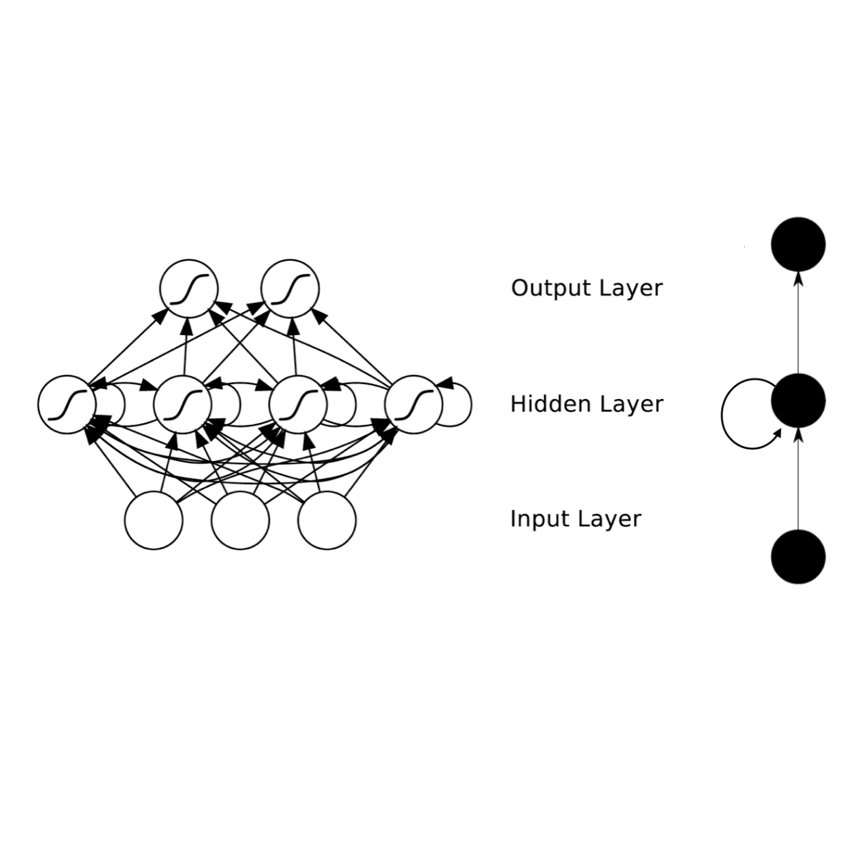The macroscopic response of short fiber reinforced composites is dependent on an extensive range of microstructural parameters. Thus, micromechanical modeling of these materials is challenging and in some cases, computationally expensive. This is particularly important when path-dependent plastic behavior is needed to be predicted. A solution to this challenge is to enhance micromechanical solutions with machine learning techniques such as artificial neural networks. In this work, a recurrent deep neural network model is trained to predict the path-dependent elasto-plastic stress response of short fiber reinforced composites, given the microstructural parameters and the strain path. Micromechanical meanfield simulations are conducted to create a data base for training the validating the model. The model gives very accurate predictions in a computationally efficient manner when compared with independent micromechanical simulations.
翻译:短纤维强化复合材料的宏观反应取决于广泛的微结构参数。 因此, 这些材料的微机械模型具有挑战性, 在某些情况下, 计算成本很高 。 当需要预测取决于路径的塑料行为时, 这一点尤其重要 。 解决这一挑战的办法是用人工神经网络等机器学习技术加强微型机械解决方案 。 在这项工作中, 一个经常性的深神经网络模型接受了培训, 以预测短纤维强化复合材料的路径依赖性地磁-塑料应激反应, 考虑到微结构参数和强度路径。 进行微机械平均场模拟, 以创建一个数据库, 用于培训验证模型。 该模型与独立的微机械模拟相比, 以计算效率的方式提供了非常准确的预测 。





